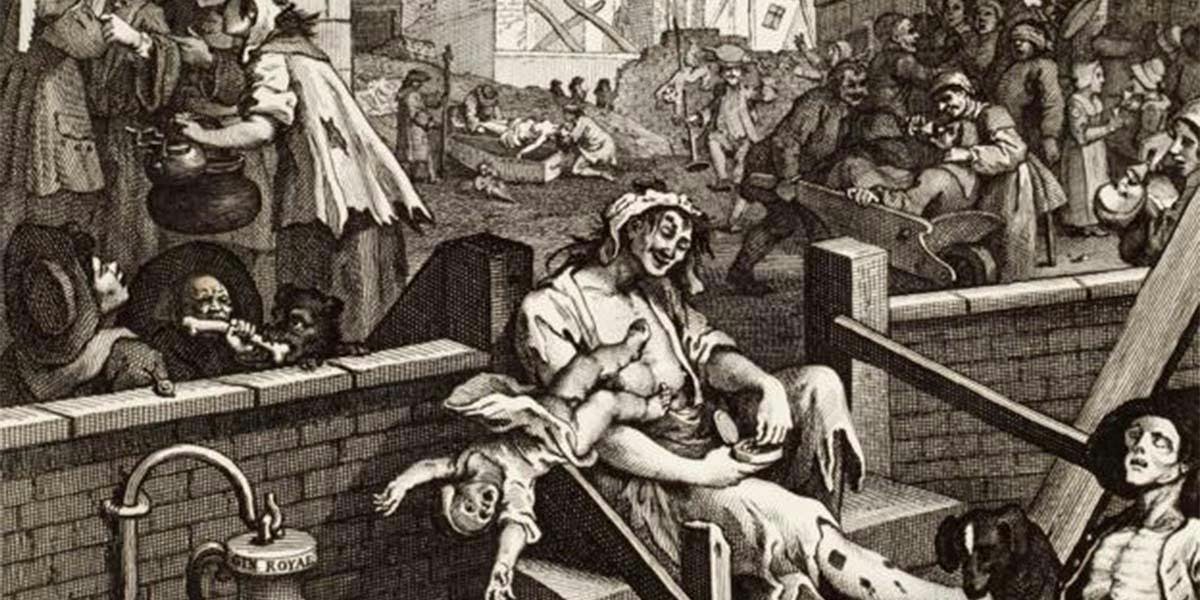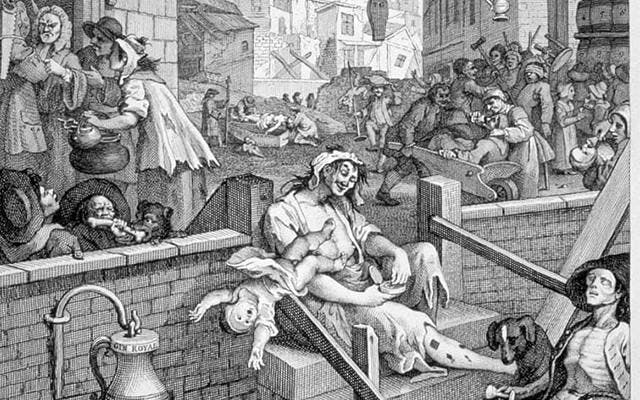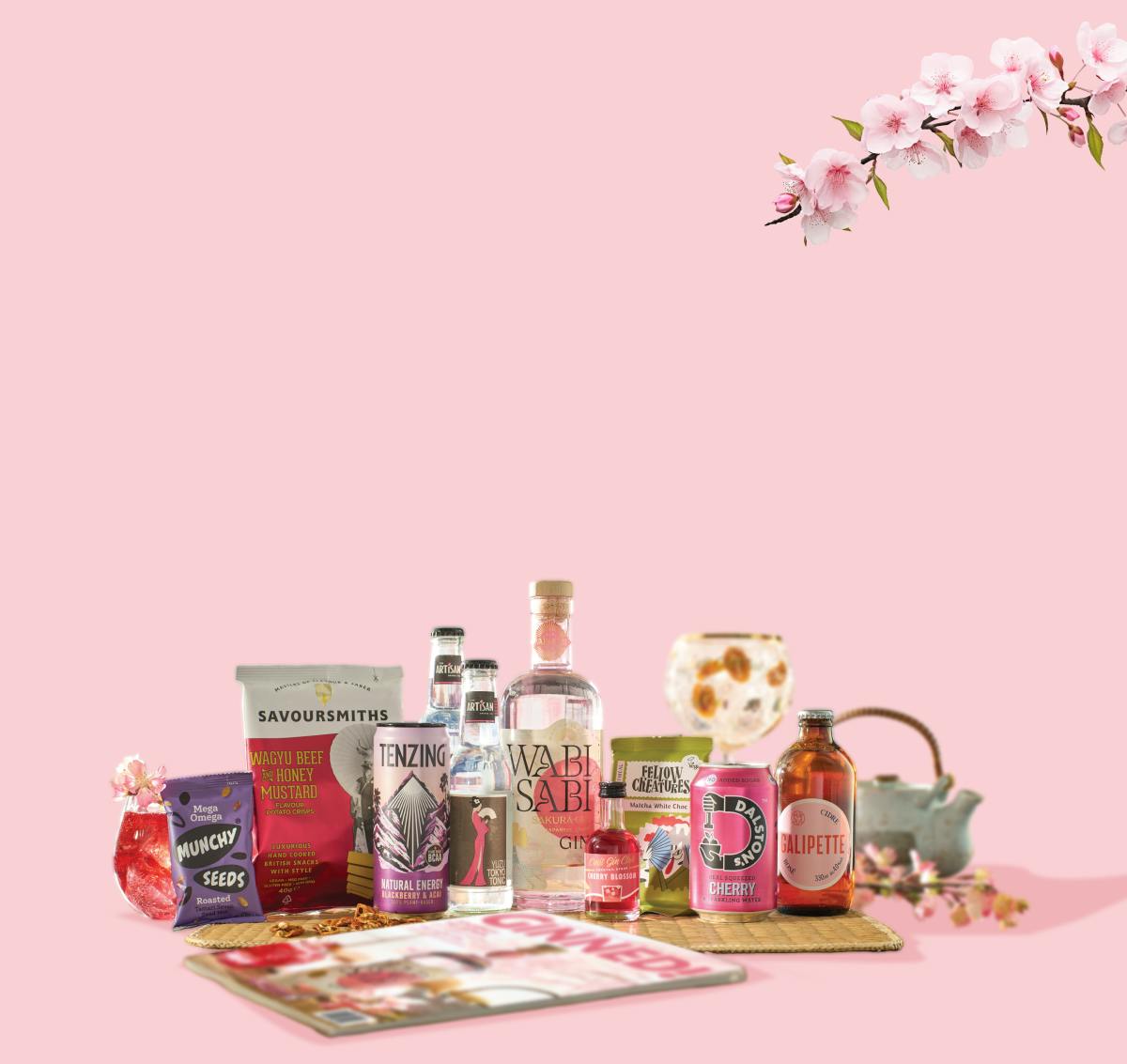
History of gin: food & drink historian Annie Gray on the fascinating origins of gin in Britain
We chat to historian, author, cook and gin expert Annie Gray, who gives us some insight into the study of gin history and how the spirit got its start in Britain!
What first attracted you to the history of food and drink?
I did a masters degree in historical archaeology at York University, which was amazing! Through that I found the study of food. I then did a PhD in food history and it all just snowballed from there, really.
I think food is one of the few universals in life, and you can really tell an awful lot about society by studying it.

Why is gin of interest to a food and drink historian?
One of the reasons that I enjoy studying gin is that I like the fact that it has a modern hook. Gin is obviously very fashionable at the moment. When you are trying to do what I do, which is engage with the past, it’s really useful to find something that people engage with now without necessarily knowing its history.
It has a fairly long history – 400 to 500 years, which was often pretty brutal and dark. You can trace its trajectory in Britain from the late 16th Century onwards, which allows you to take a look at lots of working class history.
Often, it’s easier to see the food and drink of the rich in history than to see the food and drink of the poor.
Gin is quite useful because it gives you insights into a segment of society that you don’t usually get.

How did Dutch genever become so popular in Britain in the 1600s?
Effectively, it was first brought over by British soldiers, who had gone to fight in various wars on the continent. They had seen Dutch soldiers taking a shot of genever before going on the battlefield. That’s how it got the name Dutch courage. The idea was that you had a shot of genever and nothing could stop you. Plus, it tasted nice!
It’s quite interesting that it was brought to Britain by soldiers, because at the time commodities like tea, chocolate and coffee were being brought back by traders, ambassadors and the aristocracy who were travelling to Paris and Barcelona. Genever was one of the few things being brought back by working class people.
However, from a British perspective, genever had connotations of gentility and nobility because there was a subset of alcoholic drinks in the UK called cordials. Cordials were distilled spirits based on spices and herbs which were known to be medicinal, so there was a kind of cachet around the idea of alcoholic distilled spirits.
The combination of the idea of the amazing Dutch soldiers fighting like crazy when they drank it and the belief distilled spirits could help cure disease meant that Dutch alcohol was popularised in the UK – this eventually led to the Gin Craze!

What do you wish more modern gin drinkers knew about the history of gin?
It would be lovely for people to gain a broader understanding of the Gin Craze and how damaging it was, but also to think about the ways history repeats itself.
When Britain tried to ban gin, it didn’t work at all, but that didn’t stop the Americans from trying to ban alcohol in the 1920s, which also didn’t work.
It’s probably quite a good life lesson, in a number of areas, not just food and drink, that regulation rather than banning is usually the way forward.
Do you have any recommendations for our readers?
I would urge everyone to try their gins neat or with a little bit of hot water, which releases the botanicals. That’s the way people drank gin in the 18th century!







